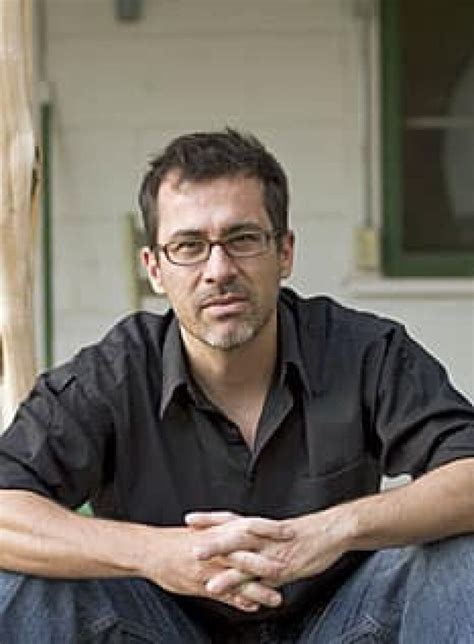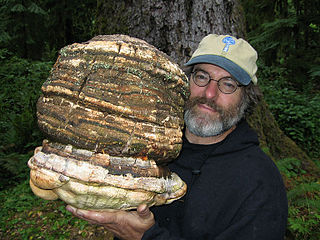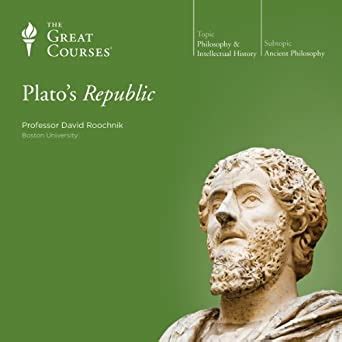Top 85 Neurological Quotes & Sayings - Page 2
Explore popular Neurological quotes.
Last updated on April 20, 2025.
I started having some memory-loss issues. I took a neurological exam, and they said, "Well, you should stop fighting now." And I kept begging them for one more fight, one more fight, and the doctor said to me, "How much are they going to pay you?" I was supposed to fight three more times, and one would have been for a cruiser belt. So I said, "I just need to fight three more times." He said, "Listen, you can't even get hit in the head one more time, your neuro is so bad."
Fiction allows us to see the world from the point of view of someone else and there has been quite a lot of neurological research that shows reading novels is actually good for you. It embeds you in society and makes you think about other people. People are certainly better at all sorts of things if they can hold a novel in their heads. It is quite a skill, but if you can't do it then you're missing out on something in life. I think you can tell, when you meet someone, whether they read novels or not. There is some little hollowness if they don't.
Those who become hyperpolyglots are those who meet two criteria. One, they are exposed to language material. Two, they undertake learning languages as a mission as well as acquiring the personal identity as a language learner.I describe the "neural tribe theory" of hyperpolyglots, arguing that they possess an atypical neurology that is selected by some environments and not others; presumably, there have always been humans walking around with that set of neurological traits or factors, only some of whom actually use those things for languages.
I'd go to conference after conference and it would essentially be the talking points. Either pro or con. It's amazing how polarized the tech conversation is. There's also this neurological fixation, the incessant wondering what the Internet's doing to our brain: "Does it make us stupid, does it make us distracted?" And then the other guys say, "No, it's making us smarter than ever, and better than ever, and more connected." And it's like, where is the economic and social context? Why is that rarely considered?
Stress does not cause pain, but it can exacerbate it and make it worse. Much of chronic pain is 'remembered' pain. It's the constant firing of brain cells leading to a memory of pain that lasts, even though the bodily symptoms causing the pain are no longer there. The pain is residing because of the neurological connections in the brain itself.
Life cannot be classified in terms of a simple neurological ladder, with human beings at the top; it is more accurate to talk of different forms of intelligence, each with its strengths and weaknesses. This point was well demonstrated in the minutes before last December's tsunami, when tourists grabbed their digital cameras and ran after the ebbing surf, and all the 'dumb' animals made for the hills.
While I was writing the book, one of my children was diagnosed with dyslexia. Dyslexia is a very tiny word for a wide-ranging neurological condition that affects different people in different ways. But I was reading an awful lot about it, to try and find ways of helping my child. I think a lot of fiction comes from this desire to confront unanswerable questions, and it's heartbreaking to see your child, a bright child, struggling so much with something that others are finding so easy. It's such an assault to the child's self-esteem and, as a mother, it's hard to watch.
People don't understand the classification process and they also don't understand a condition like MS and how it has different effects on different people. Neurological conditions are all so different because we don't know what people have gone through and how their brains adapt to it all and you can't assess everything with the naked eye.
You take somebody - one person has definitely got autism, you got another person that maybe has some of those traits and maybe there's some anxiety, depression, some epilepsy or something in the family history. Put them together, you're more likely to have a severely autistic kid than if you don't have any neurological problems in the family history.
I believe that mycelium is the neurological network of nature. Interlacing mosaics of mycelium infuse habitats with information-sharing membranes. These membranes are aware, react to change, and collectively have the long-term health of the host environment in mind. The mycelium stays in constant molecular communication with its environment, devising diverse enzymatic and chemical responses to complex challenges.
Of all the systems of the body - neurological, cognitive, special, sensory - the cardiological system is the most sensitive and easily disturbed. The role of society must be to shelter these systems from infection and decay, or else the future of the human race is at stake. Like a summer fruit that is protected from insect invasion, bruising, and rot by the whole mechanism of modern farming; so must we protect the heart.
Undoubtedly, there are kids with intellectual deficiencies or neurological problems. But a lot of kids shunted into special education classes are deficient only in a willingness to conform to the school pattern.They are just honest, brave kids who say, "I just won't take that, and I don't believe in what you're doing." If you give them an alternative to the usual classroom, they break free of a lot of inhibitions and bad associations, and they begin to learn.
Hyperpolyglots are not born, and they are not made, but they are born to be made. There is a finite subset of the human population which has the right neurological equipment for learning and using lots of languages. That equipment may serve only a sub-component of language learning, such as mimicry, pattern recognition, or memory, or it serves those sub-components in a global fashion.
I think that religion stops people from thinking. I think it justifies crazies. I think flying planes into a building was a faith-based initiative. I think religion is a neurological disorder. If you look at it logically, it's something that was drilled into your head when you were a small child. It certainly was drilled into mine at that age. And you really can't be responsible when you are a kid for what adults put into your head.
After a short period spent in Brussels as a guest of a neurological institute, I returned to Turin on the verge of the invasion of Belgium by the German army, Spring 1940, to join my family. The two alternatives left then to us were either to emigrate to the United States, or to pursue some activity that needed neither support nor connection with the outside Aryan world where we lived. My family chose this second alternative. I then decided to build a small research unit at home and installed it in my bedroom.
We all have those dreams of going back in time and seeing what it was like when our parents were younger. Maybe we don't all have that dream. I don't know. Getting to role play or step back to a different moment in time and see things through a different lens is something that resonated with me, for sure. We don't get to do that, generally, but when the right neurological disorder lines up with the right unstable woman, that moment presents itself. Getting to know where we come from is a really profound way of getting to look at who we are.
In a noted 1943 Harvard study, there were no cases of toxemia, congenital anomalies, or neonatal deaths among a group of well-fed woman. In contrast two~thirds of the children born to women who were on poor prenatal diets had congenital abnormalities, dies, or (had) neurological dysfunction. and 44% of the mothers had developed toxemia.
To assert that the universe has a purpose implies the universe has intent. And intent implies a desired outcome. But who would do the desiring? And what would a desired outcome be? That carbon-based life is inevitable? Or that sentient primates are life's neurological pinnacle? Are answers to these questions even possible without expressing a profound bias of human sentiment? Of course humans were not around to ask these questions for 99.9999% of cosmic history. So if the purpose of the universe was to create humans then the cosmos was embarrassingly inefficient about it.
We separate problems with the brain into neurological and psychiatric, and it's because it's stigmatised still. Mental illness is still stigmatised. Imagine if we treated people with cancer like that. Just because your personality changes and your behaviour changes, all of a sudden you are put in a different category.
If you want to understand what it means to be afraid, what fear as experienced by human beings is, then your focus must shift. No longer will you be satisfied with mechanical, physiological, neurological accounts. For this inquiry will require you to observe closely what human beings feel, sing, think, write and say to one another.
There's a certain kind of neurological makeup that goes along with being a writer, and having been in the room with a few other writers at the same time, it's rather wearing to be around. And it does - there is a kind of hypervigilance about it. Unfortunately it's got disadvantages. If you turn that hypervigilance on yourself and, for instance, whether or not you have a pimple on the end of your nose, it can get really depressing.
I don’t think it should be socially acceptable for people to say they are “bad with names.” No one is bad with names. That is not a real thing. Not knowing people’s names isn’t a neurological condition; it’s a choice. You choose not to make learning people’s names a priority. It’s like saying, “Hey, a disclaimer about me: I’m rude.
Sociopaths differ fairly dramatically in how their brains react to emotional words. An emotional word is love, hate, anger, mom, death, anything that we associate with an emotional reaction. We are wired to process those words more readily than neutral, nonemotional words. We are very emotional creatures. But sociopaths listen as evenly to emotional words as they do to lamp or book - there's no neurological difference.
Again, when we view a scene fleetingly, do we consciously see all the details even though we don't retain them, or do we not see them in the first place? Neurological information is crucial to deciding these questions. After all, they are so interesting precisely because unaided introspection cannot resolve them. Rather we need to know what is going on in the brain activities that constitute visual awareness.
I see the mycelium as the Earth's natural Internet, a consciousness with which we might be able to communicate. Through cross-species interfacing, we may one day exchange information with these sentient cellular networks. Because these externalized neurological nets sense any impression upon them, from footsteps to falling tree branches, they could relay enormous amounts of data regarding the movements of all organisms through the landscape.






















